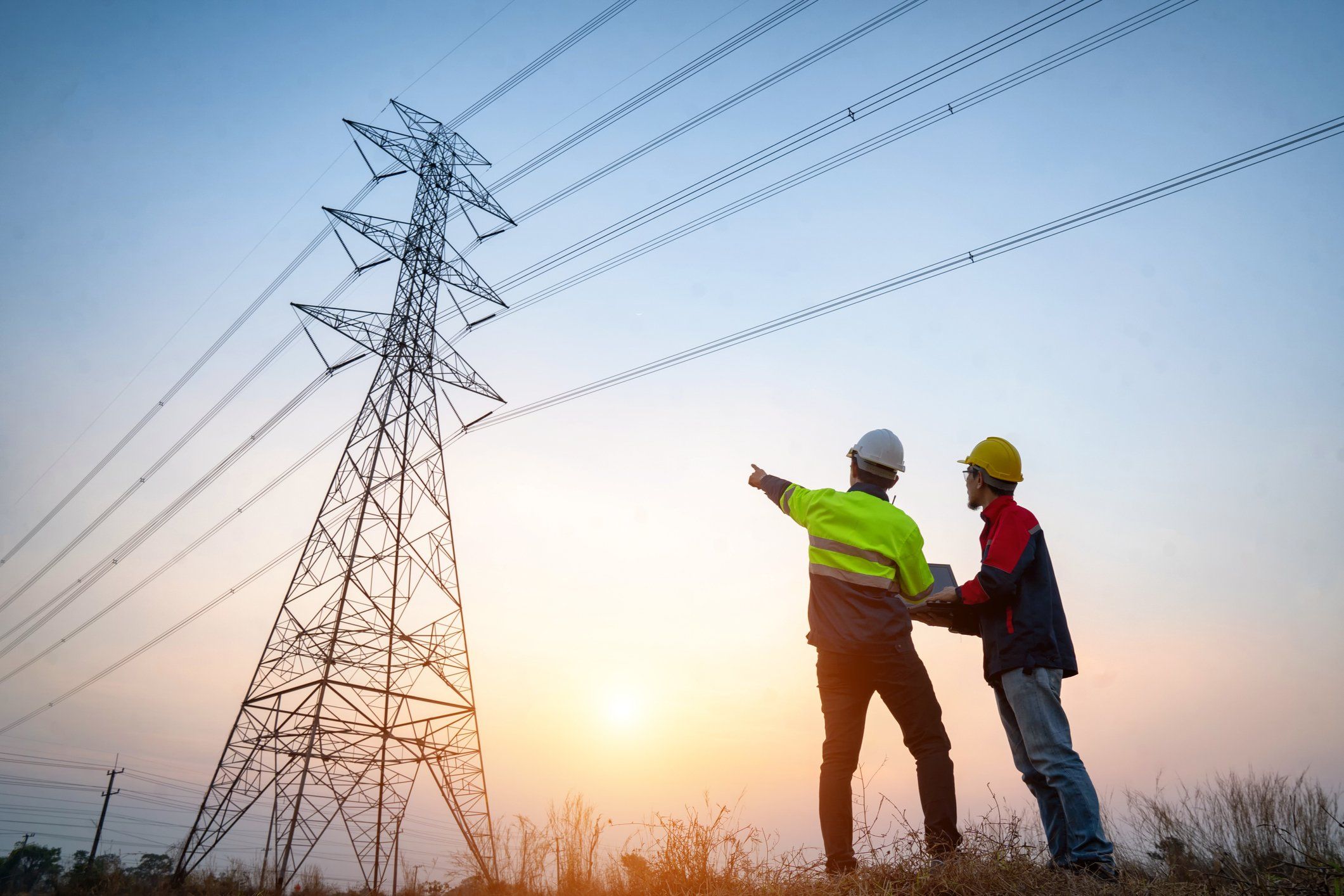going under
Houston researchers earn $3.3M in DOE funding to develop safer underground power line installation

Researchers have secured $3.3 million in funding to develop an AI-powered subsurface sensing system aimed at improving the safety and efficiency of underground power line installation. Photo via Getty Images
Researchers from the University of Houston — along with a Hawaiian company — have received $3.3 million in funding to explore artificial intelligence-backed subsurface sensing system for safe and efficient underground power line installation.
Houston's power lines are above ground, but studies show underground power is more reliable. Installing underground power lines is costly and disruptive, but the U.S. Department of Energy, in an effort to find a solution, has put $34 million into its new GOPHURRS program, which stands for Grid Overhaul with Proactive, High-speed Undergrounding for Reliability, Resilience, and Security. The funding has been distributed across 12 projects in 11 states.
“Modernizing our nation’s power grid is essential to building a clean energy future that lowers energy costs for working Americans and strengthens our national security,” U.S. Secretary of Energy Jennifer M. Granholm says in a DOE press release.
UH and Hawaii-based Oceanit are behind one of the funded projects, entitled “Artificial Intelligence and Unmanned Aerial Vehicle Real-Time Advanced Look-Ahead Subsurface Sensor.”
The researchers are looking a developing a subsurface sensing system for underground power line installation, potentially using machine learning, electromagnetic resistivity well logging, and drone technology to predict and sense obstacles to installation.
Jiefu Chen, associate professor of electrical and computer engineering at UH, is a key collaborator on the project, focused on electromagnetic antennas installed on UAV and HDD drilling string. He's working with Yueqin Huang, assistant professor of information science technology, who leads the geophysical signal processing and Xuqing Wu, associate professor of computer information systems, responsible for integrating machine learning.
“Advanced subsurface sensing and characterization technologies are essential for the undergrounding of power lines,” says Chen in the release. “This initiative can enhance the grid's resilience against natural hazards such as wildfires and hurricanes.”
“If proven successful, our proposed look-ahead subsurface sensing system could significantly reduce the costs of horizontal directional drilling for installing underground utilities,” Chen continues. “Promoting HDD offers environmental advantages over traditional trenching methods and enhances the power grid’s resilience.”